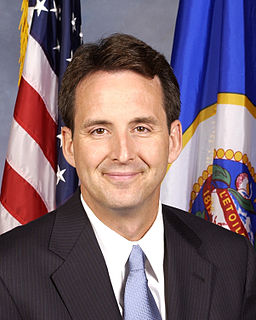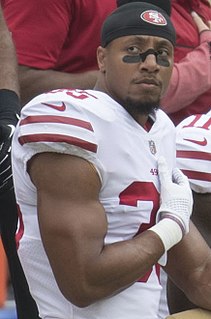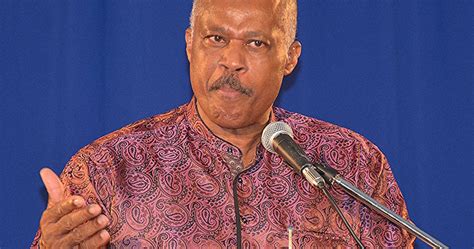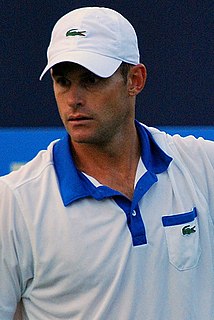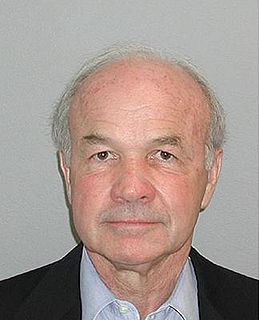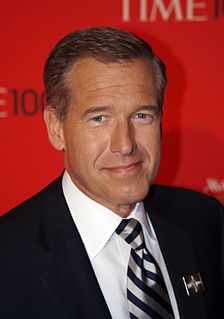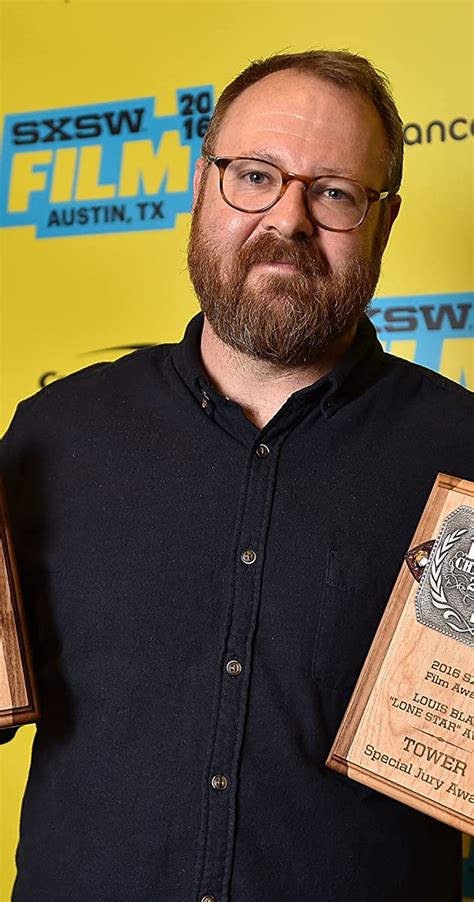A Quote by Tim Pawlenty
I have traveled around Minnesota and addressed many issues, and immigration is one of those issues.
Related Quotes
I remember the president-elect [Donald Trump] saying that I`m going to do something to dramatically, positively change communities, particularly in urban areas, and I think we`ve got to hold his feet to the fire to all those issues as well as all the issues that you addressed, you and many others addressed yesterday as it relates to criminal justice, as it relates to voting oppression.
The fallacy is that politicians don't really do much about social issues. They just demonize their opponents as elitists and reap the benefit. It's a stupid way to do politics. Economic issues can more often be addressed concretely, and it would seem logical for people to vote their interests in this area.
